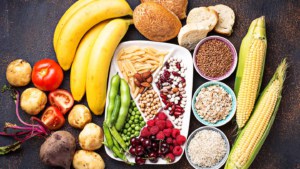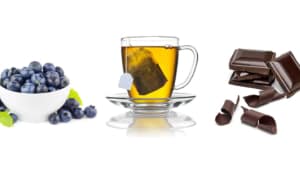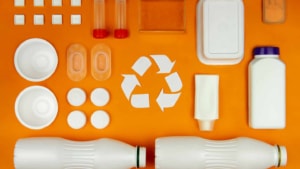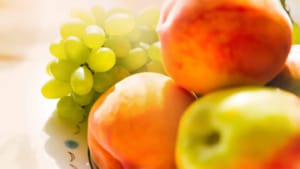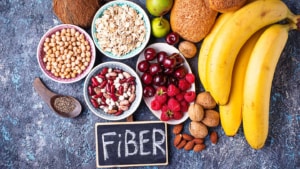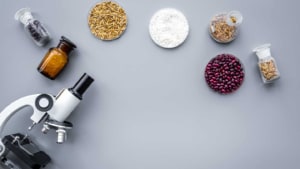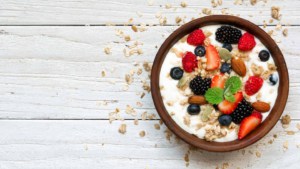Projects Funded by IAFNS
The Institute for the Advancement of Food and Nutrition Sciences catalyzes food safety and nutritional science for the benefit of public health. View projects* funded by IAFNS below.
A Framework for Heavy Metal Prioritization and Mitigation for Reducing Metal Intake: Rice and Spinach Case Studies
Rice is a significant source of arsenic and other elemental toxins (e.g. mercury and cadmium) to the human diet, particularly in foods for babies and young children. Spinach is a significant source of the highly toxic metals Cd and Pb […]
Read MoreThe Scientific Basis of Communicating Carbohydrate Quality
A workshop was convened jointly with Diabetes Canada to advance the dialogue between scientists and regulatory experts on science-based indices that can be used in communicating physiologic effects of carbohydrates in foods. Experts agreed that the carbohydrate quality of a […]
Read MoreStanding Committee on Bioactive Recommendations
Growing evidence suggests that lutein for vision and flavan-3-ols for cardiovascular disease could be candidates for quantified recommended intakes. In 2014, Elwood et al. pointed out the challenges and suggested that a framework be developed to recommend bioactive intakes not […]
Read MoreBeverage Caffeine Intake Study
A large variety of new caffeinated beverage products have entered the market in recent years, including new types of energy drinks, cold brew and ready-to-drink specialty coffees and teas, and caffeinated waters and sports drinks. With shifts towards remote work […]
Read MoreRecommending a quantified intake of flavan-3-ols promote heart health
Dietary bioactives are food substances that promote health but lack quantified intake recommendations because they are not characterized as essential to prevent well defined deficiency conditions. This project translates evidence from a comprehensive systematic evidence review by Raman et al. […]
Read MoreIdentify Safety Barriers to Broad Adoption of Recycled Polyolefins for Food Packaging
Defining a path to the production of clean recycled plastics is key to their sustainable use in food and beverage packaging. Despite significant advances in recycling science, obstacles remain to broad utilization of recycled plastics including the need for reliable […]
Read MoreMetabolic and Physiological Effects of Added Fibers for Children Across the Age Spectrum
Fibers added to foods may provide specific health benefits, but these relationships would benefit from research specifically on children rather than extrapolated from adults. This project will prioritize research needed to understand the relationship between fibers added to foods and […]
Read MoreAddressing Perceptions of Low- and No-Calorie Sweeteners in the Healthcare Practitioner Community
Misperceptions are not new about low-and no-calorie sweeteners (LNCSs) within the healthcare practitioner (HCP) community and among consumers. Some confusion can be attributed to the mixed literature on LNCSs that results from variation in study hypotheses, design, interpretation and communication. […]
Read MoreAdvancing Exposure Assessment for Food Contaminants Through Implementation of Probabilistic Modeling
Risk assessments for foods, ingredients and additives have evolved over the past few decades to incorporate new techniques such as benchmark dose modeling, and to further develop the utility of tools such as the threshold of toxicological concern, and even […]
Read MoreEvidence Map on the Relationship Between Exposure to Dietary Sweetness and Body Weight-Related Outcomes in Adults
Dietary recommendations from numerous governmental and health organizations recommend reduced intake of added sugars due to the health risks, including the risk of overweight and obesity. Some recommendations include avoiding dietary sweetness – regardless of the source – based on […]
Read MoreCardiometabolic Effects of Low Carbohydrate/ Healthy Fat Diets
Despite robust research on the implications of modifying the fat content and composition of the diet on health, this has not been systematically studied in those following various low carbohydrate diets. Recommendations for lower carbohydrate diets should be clear about […]
Read More*Projects from 2013 and later are included in this repository. To view projects supported by IAFNS prior to 2013, please visit our Peer-Reviewed Publications page.


